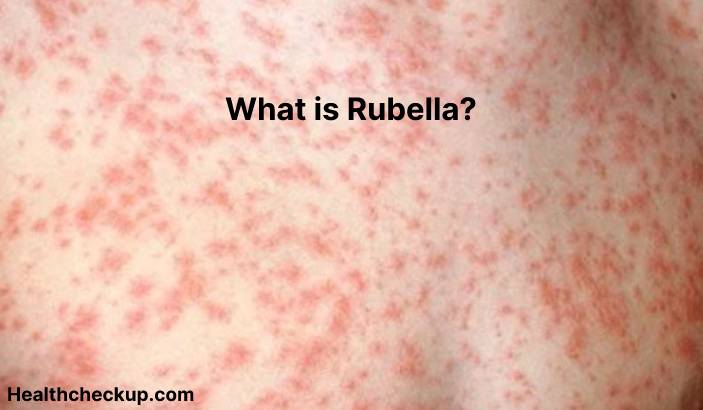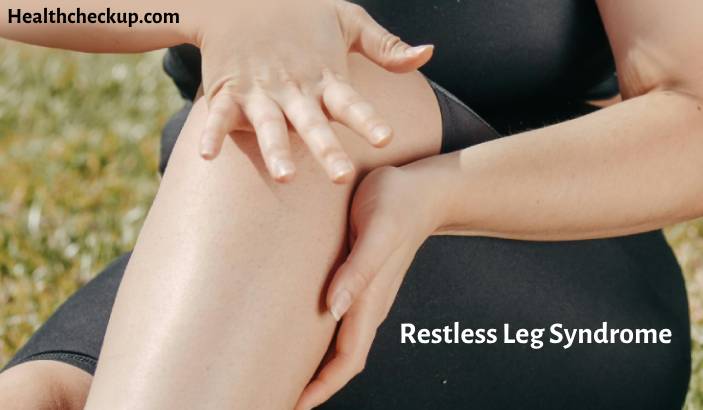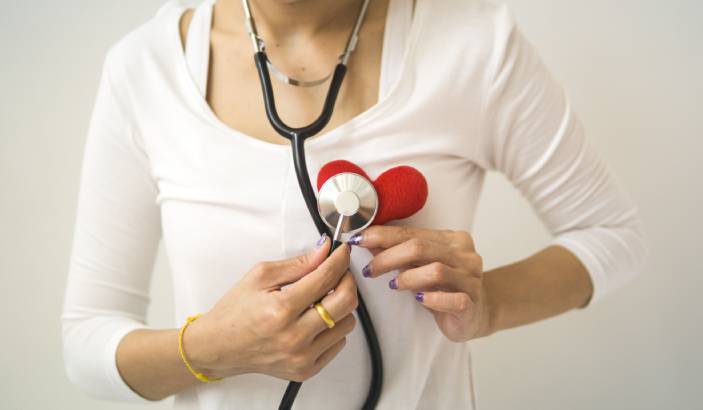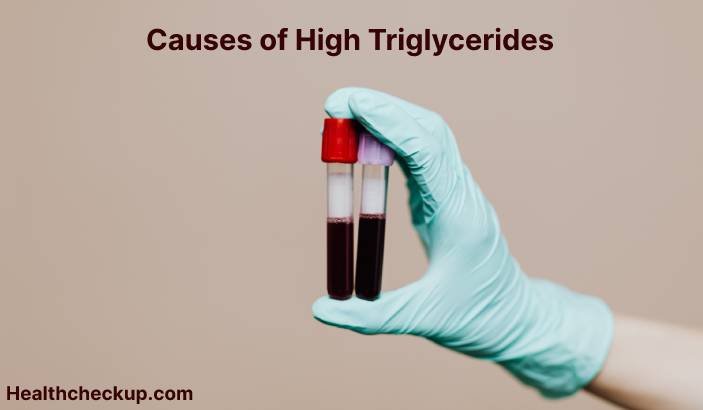Rubella, also known as German measles or three-day measles, is a viral infection that is caused by the rubella virus. It is a highly contagious disease that is transmitted through respiratory secretions from infected individuals. Rubella primarily affects children and is usually a mild illness, but it can have serious consequences for pregnant women and their unborn babies.
Symptoms of rubella may include:
- Fever
- Rash
- Swollen lymph nodes
- Red eyes
- Cough
- Runny nose
- Conjunctivitis
- Muscle aches
In pregnant women, rubella infection can lead to miscarriage, stillbirth, or birth defects in the unborn baby, such as congenital rubella syndrome, which can cause hearing loss, heart defects, and developmental delays.
Diagnosis of rubella is typically based on the presence of symptoms and a laboratory test to confirm the presence of the rubella virus.
There is no specific treatment for rubella, and treatment is typically based on the severity of the illness. It may include medications to control symptoms, such as fever and pain, and supportive care, such as fluids to prevent dehydration.
Rubella can be prevented through vaccination with the MMR (measles, mumps, and rubella) vaccine. The MMR vaccine is typically recommended for children as part of the routine childhood vaccination schedule and for adults who are at increased risk of rubella, such as healthcare workers and travelers to countries where rubella is common.
Good hygiene practices, such as washing your hands frequently and covering your mouth and nose when you cough or sneeze, can also help prevent the spread of rubella. If you are experiencing symptoms of rubella or have been exposed to infected individuals, it is important to seek medical attention as soon as possible. Follow the recommendations of your healthcare provider and public health officials to help protect yourself and others from rubella.








